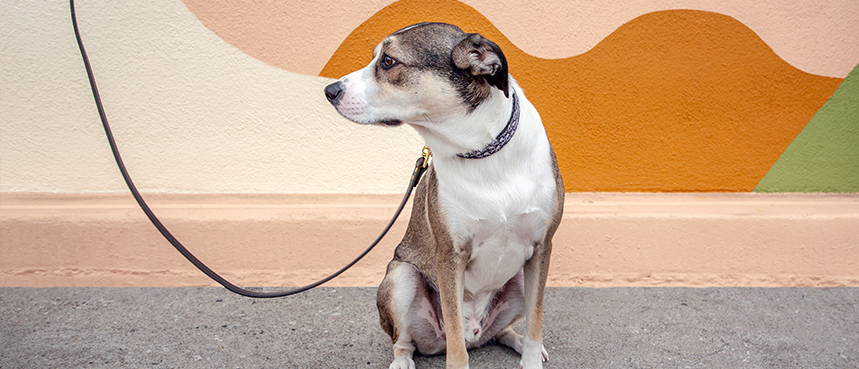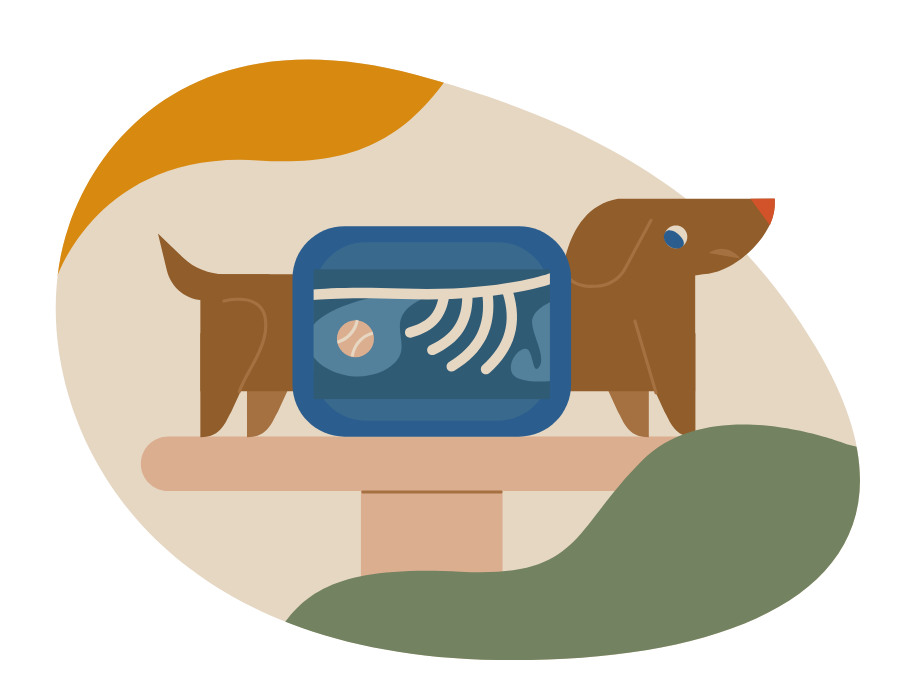
Surgery services are offered at these locations:
- Papaya Veterinary Care-Encinitas
- Papaya Veterinary Care-Carmel Valley
- Papaya Veterinary Care-Culver City
With their extensive training and experience, Papaya’s veterinarians have the skills to perform a range of surgical procedures, from routine to more complex operations. Their track record of excellent patient outcomes means that your pet is in good hands at Papaya.
We also provide expert anesthesia services, attentive monitoring during and after surgery, and careful pain management to ensure your pet is safe and comfortable throughout.
The types of procedures our veterinarians perform
At Papaya, our veterinarians perform a range of procedures, including:
- Biopsies
- C-sections
- Foreign body retrieval
- Gastrointestinal, respiratory, and urogenital tract surgery
- Oncologic (cancer) surgery
- Spay and neuter
- Wound/laceration repair
Which Papaya locations offer surgery?
Know the freedom of having a veterinarian available when your pet needs them. Veterinary surgical care is offered at these Papaya locations:
- Papaya Veterinary Care-Encinitas
- Papaya Veterinary Care-Carmel Valley
- Papaya Veterinary Care-Culver City

